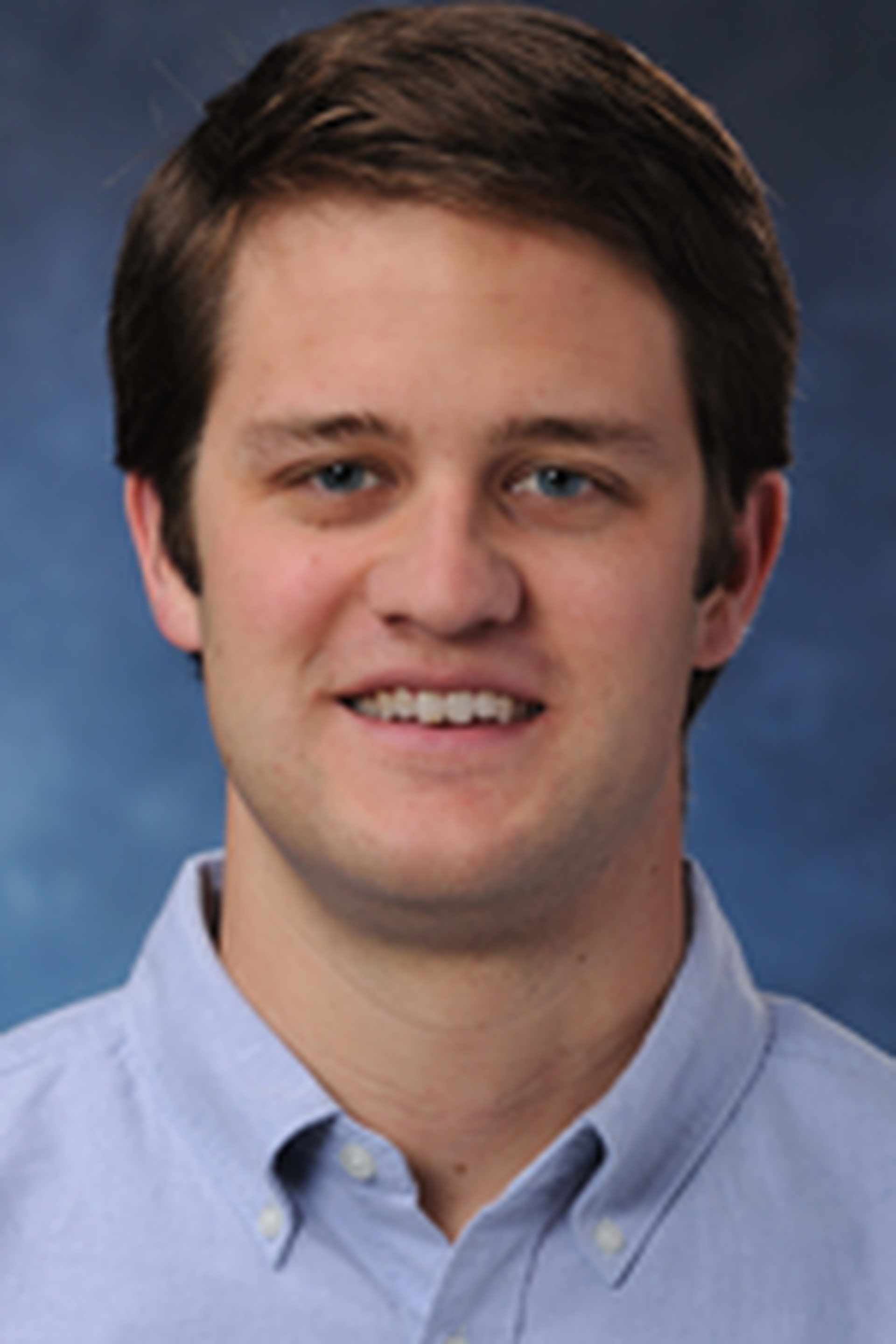National Academy of Engineering selects Pitt’s Kyle Bibby to participate in Frontiers of Engineering Education Symposium
 PITTSBURGH (October 5, 2015) …
Kyle Bibby,
assistant professor of civil and environmental engineering in the University of Pittsburgh's Swanson School of Engineering, was one of 70 educators selected to participate in the National Academy of Engineering's seventh annual
Frontiers of Engineering Education Symposium
, October 25-28 in Irvine, California.
PITTSBURGH (October 5, 2015) …
Kyle Bibby,
assistant professor of civil and environmental engineering in the University of Pittsburgh's Swanson School of Engineering, was one of 70 educators selected to participate in the National Academy of Engineering's seventh annual
Frontiers of Engineering Education Symposium
, October 25-28 in Irvine, California.
According to the NAE, the Frontiers of Engineering Education (FOEE) Symposium brings together some of the nation's most engaged and innovative engineering educators in order to share ideas, learn from research and best practice in education, and leave with a charter to bring about improvement in their home institution.
"The FOEE symposium provides a unique environment for young engineering educators to learn the latest, best practices in engineering pedagogy and share their experiences with their peers," explained
Mary Besterfield-Sacre
, PhD, associate professor of industrial engineering and director of the Swanson School's
Engineering Education Research Center.
"As engineering education continues to evolve to challenge the next generation of engineering students, it's important that our faculty develop new strategies in the classroom. Kyle is one of our outstanding young faculty members and will contribute greatly to this year's symposium."
Dr. Bibby's interests include understanding the presence, ecology, and diversity of microorganisms, such as viruses and bacteria, in an environmental engineering context. As the most abundant and genetically diverse biological entities on earth, microorganisms are at the core of many of society's environmental challenges, including sustainable energy production, waste treatment, and environmentally transmitted disease. In the Bibby Lab
(bibbylab.blogspot.com),
emerging molecular biology techniques such as proteomics, genomics, metagenomics and transcriptomics are integrated with fundamental, quantitative environmental engineering practice to develop new insights and solutions to these problems.
He received his bachelor of science in civil engineering and geological sciences from the University of Notre Dame, and his master of science, master of philosophy, and PhD in environmental engineering from Yale University.
The mission of the National Academy of Engineering is to advance the well-being of the nation by promoting a vibrant engineering profession and by marshaling the expertise and insights of eminent engineers to provide independent advice to the federal government on matters involving engineering and technology. The NAE is part of the National Academies of Sciences, Engineering, and Medicine -- private, nonprofit institutions that provide science, technology, and health policy advice under a congressional charter. The 2015 Frontiers of Engineering Education symposium is sponsored by John McDonnell and the JSM Trust.
###
Contact: Paul Kovach

